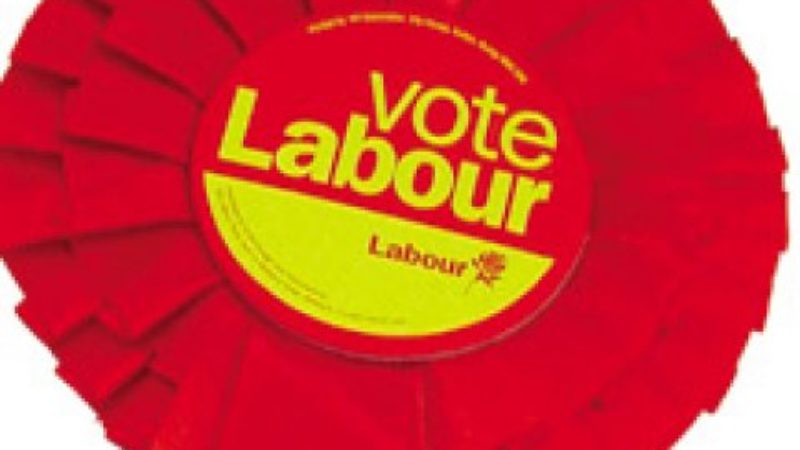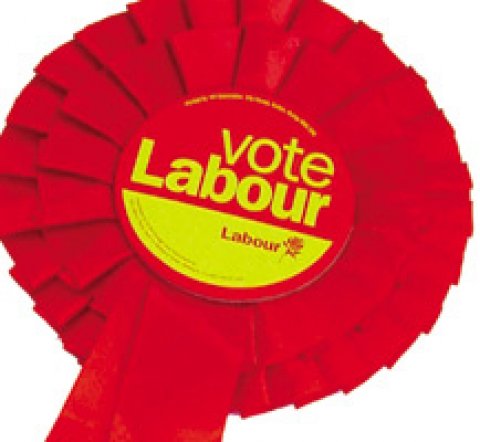

From Labour’s national executive committee awayday – 22 November 2016.
Leader’s report
One of the biggest Labour stories of November was Jeremy Corbyn’s decision to begin preparations for a general election next year. The leader told NEC members that after this summer’s run-off against Owen Smith – during which he met members around the country – now is the time to move on and unite the party. Labour has hired new campaign staff and plans to move offices in case Theresa May goes to the country in the spring.
The prospect of an election is one of three core priorities for Labour next year, as well as Brexit and the economy, Jeremy said. He discussed his recent speech to the CBI and the need for Britain invest in infrastructure, training and house building.
Jeremy repeated that Labour does not dispute the result of the EU referendum – but will now seek to shore up protection for workers’ rights, consumers’ rights and the environmental.
It has not been reported widely but Jeremy intends to carry out a tour of rural communities alongside Rachael Maskell, the shadow environment secretary. The leader said he is keen to reach out to rural Britain and respond to the concerns of voters living in these communities.
2017 elections
Jon Trickett gave a presentation on the work being carried out behind the scenes to ready Labour for a snap election. If the Commons is given an opportunity to vote for an early election then Labour will back this. We will be ready whenever the election comes, he said.
Labour is also drawing up a list of key battleground seats although this will not be made public. Party staff are working to improve messaging, attack and rebuttal. We will make greater use of community organising and will invest in new campaigning technology. Labour has developed a new doorstep app allowing activists to directly enter data on their smart phones and tablets. We will also make better use of digital targeting, social media and online advertising and will hire new organisers to work across the country.
There are also several other polls next year including English county council elections, local elections in Scotland and Wales, and Mayoral elections. England will also elect its first metro mayors with Andy Burnham, Steve Rotheram and Sion Simon competing in Manchester, Liverpool and the West Midlands respectively.
General secretary’s report
In the past year Labour has contested a huge number of campaigns: parliamentary by-elections, mayoral elections in Bristol, London, Hackney, Salford and Liverpool, local government elections and, of course, the EU referendum.
We have also had a second leadership election in a year and lots of work leading up to party conference, the party reform working groups and the national policy forum meetings. Labour will continue to represent all of society and we want candidates to reflect that. We have launched a number of bursaries and training programmes to encourage candidates from those group under-represented in politics to stand for election. These include the Jo Cox Women in Leadership programme, which was launched last month. There are more details here.
Other activities for the year ahead include preparing for elections, ensuring the party remains financially stable, improving campaigning capacity, expanding the use of community organising, responding to the Commons boundary review, developing policy and engaging members. The NEC joined Iain in praising and thanking staff for their continued hard work and dedication.
National policy forum and policy-making
Earlier this month the NPF met in Loughborough for its annual policy conference. It was a very good weekend, which focused on Brexit and the work of the eight policy commissions. The national executive confirmed the policy commission co-chairs will be:
- Economy, business and trade: Jennie Formby
- Foreign affairs, aid and defence: Cath Speight
- Health and social care: Keith Birch
- Early years, education and skills: Christine Shawcroft
- Justice and home affairs: Alice Perry
- Housing, local government and transport: Jim Kennedy
- Work, pensions and equality: Diana Holland
- Environment, energy and culture: Margaret Beckett.
I have written a guide to how the NPF works and how you can get involved. Labour’s policy making process will be accelerated if there is a snap election.
Ann Cryer was elected chair of the NPF and will attend future NEC meetings. Shabana Mahmood, Mick Whelan and Katrina Murray were elected vice-chairs.
The economy and the Autumn Statement
Rebecca Long-Bailey, shadow chief secretary to the Treasury, gave an update on the economy and Labour’s response to Philip Hammond’s mini-budget.
Hard working families should not be forced to fund giveaways for the wealthy few, she said. Rebecca raised the topics of low pay, the causes of the financial crisis and the impact on working people. She raised the need for fair funding amid local government spending cuts. Tory cuts to council budgets disproportionately affect Labour areas.
Rebecca also joined Jeremy Corbyn, John McDonnell and Jon Trickett in rejecting calls by fringe opposition parties for Labour councils to set illegal budgets. Labour policy on this matter is clear, as illustrated by the recent rule change at Labour conference.
Responding to Brexit
Sir Keir Starmer, shadow Brexit secretary, delivered an impressive report on Labour’s response to Brexit. Labour will not try to frustrate the process of triggering article 50 and will push for Britain to work with EU partners to fight for the best future for our country.
Keir also criticised Theresa May’s vacuum over Brexit and for setting priorities driven by internal Tory party management issues rather than the national interest. Labour’s priorities as securing jobs and protecting and growing the economy, as well as defence, security, policing, the environment, education and Keir said.
The NEC discussion covered topics including the timetable and process for Brexit, Tory divisions on Europe, industrial strategy, manufacturing, the steel industry, the automotive industry, the status of EU nationals, UKIP, workers’ rights, immigration, freedom of movement and the commodification of labour, the posting of workers directive, tackling gang-masters and the exploitation of cheap migrant labour, single market access, the customs union, the loss of trust in politics and politicians and Labour’s vision for the UK outside the EU.
Suspensions and disciplinary Issues
As many of you will remember, around 1,000 people were suspended from Labour during the leadership election. Around 800 of these members have had their suspensions lifted with a warning. The remaining suspensions are being investigated and their cases will be brought to a future meeting of the NEC disputes committee. Disputes will also look at the suspensions process and suggest recommendations on how this process could be improved.
Financial report
One consequence of Labour’s summer surge in membership is the transformed financial state of the party. We are debt free with healthy finances but will not spend money we do not have. Labour has over 500,000 members and retaining and growing our membership is important to our long-term financial strategy.
This boost comes as the Trade Union Act and Brexit pose challenges so we will continue to carefully manage our finances. Labour will also look to increase our fundraising in the run-up to elections next year. Iain McNicol thanked councillors for their financial contributions and the party will deliver a report to local authorities to explain how the ALC levy is spent.
Questions
Please get in touch if you have any questions. You can sign-up to receive my NEC reports and read reports from previous meetings. The next NEC meetings will be in January 2017.
Alice Perry represents local government on Labour’s NEC.




More from LabourList
‘Council Tax shouldn’t punish those who have the least or those we owe the most’
Two-thirds of Labour members say government has made too many policy U-turns, poll reveals
‘Two states, one future: five steps on the path to peace for Israelis and Palestinians’